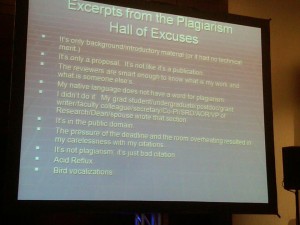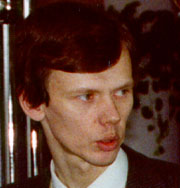Erick Jones, the dean of engineering at the University of Nevada in Reno, appears to have engaged in extensive plagiarism in the final report he submitted to the National Science Foundation for a grant, Retraction Watch has learned.
The $28,238 grant partially supported a three-day workshop that Jones and his wife, Felicia Jefferson, held for 21 students in Washington, DC, in April 2022 titled “Broadening Participation in Engineering through Improved Financial Literacy.” Jefferson received a separate award for $21,757.
Jones submitted his final report to the agency in May 2023. Retraction Watch obtained a copy of that report through a public records request to Jones’s previous employer, the University of Texas at Arlington, and identified three published sources of extended passages he used without citation or quotation marks.
Continue reading Exclusive: Embattled dean accused of plagiarism in NSF report







